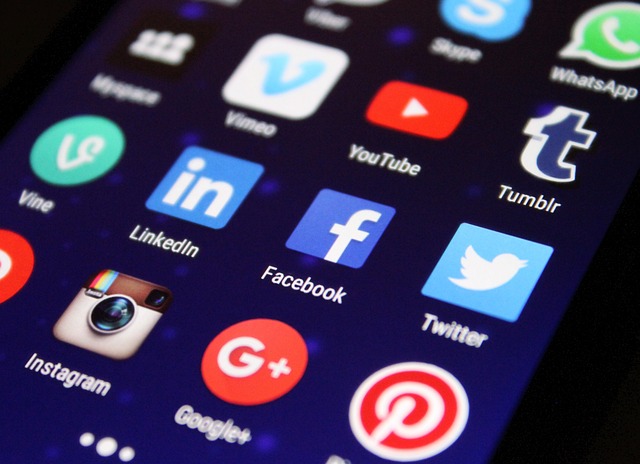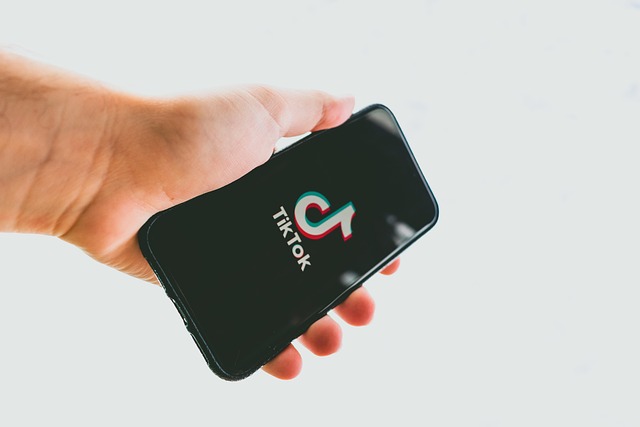In today’s interconnected world, the time spent on social media continues to grow at an astonishing rate, shaping our interactions and altering the way we maintain our contacts. Social media platforms have transformed the way we connect, enabling us to strengthen relationships or, conversely, fragment them based on how we engage online.
One cannot help but notice the profound impact of social media on our daily lives. From morning scrolls through Instagram to late-night chats on Facebook Messenger, our online presence has become a fundamental part of our social identity. The convenience of messaging and sharing updates means we are never more than a few taps away from friends and family, which sounds great in theory. However, the reality is often more complicated.
As we analyze the time spent on social media, it becomes clear that the lines between genuine contact and superficial connections can blur. While social media offers a platform for reunion and conversation, it also fosters an environment filled with curated personas. People often feel pressured to present the best version of themselves, leading to a disparity between real-life interactions and online portrayals.
The implications are significant: Are we truly bonding with our contacts, or are we simply engaging in a transactional form of communication? The addiction to scrolling through feeds, liking posts, and catching up on superficial news can lead to feelings of isolation when we compare our real lives to the highlight reels presented online. These counterfeit connections can incite loneliness rather than foster genuine relationships.
Furthermore, the relentless pressure to stay updated with everyone’s lives can lead to the paradox of choice, as we find it harder to prioritize relationships that matter most. The more time spent on social media, the more likely we are to spread ourselves thin across numerous connections instead of cultivating deeper, more meaningful ones. We may find ourselves physically surrounded by people yet emotionally disconnected, trapped in a web of fleeting contacts.
Interestingly, the quality of our social interactions does not solely depend on the quantity of time spent online. Balance becomes essential. By setting strict boundaries around our social media use, we empower ourselves to engage more adequately with our close contacts. This thoughtful approach can help us transition from mindless scrolling to purposeful connections, where the focus shifts from quantity to quality.
In recent years, studies have highlighted the way social media influences our mental well-being. Users report experiencing stress, anxiety, and depression as they grapple with unrealistic social norms perpetuated through these platforms. Spending excessive time on social media can often lead to negative comparisons, fueling a cycle of dissatisfaction with our lives and relationships as we measure worth against online achievements.
Adopting more conscious social media habits can lead to improved inter-personal dynamics. A commitment to thoughtful engagement means less time wasted on mindless interactions and more time invested in nurturing authentic bonds. By using social platforms to enhance and supplement face-to-face relationships, individuals can retain a sense of connectedness while re-establishing meaningful ties with their closest contacts.
Ultimately, while social media undoubtedly plays a significant role in modern communication, the key lies in finding balance. As we continue to navigate the digital landscape, let us remind ourselves that it’s not just about time spent on social media, but the depth and authenticity of the connections we forge in both virtual and real-world settings.




